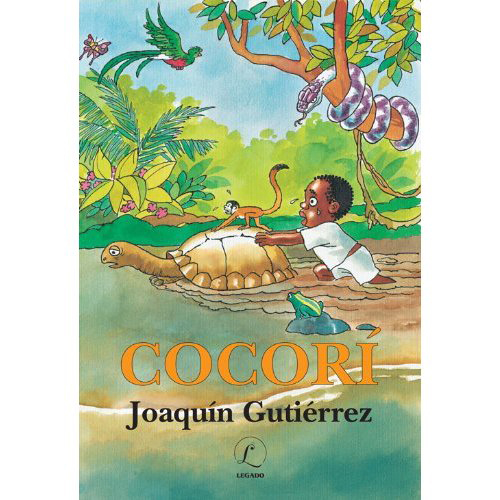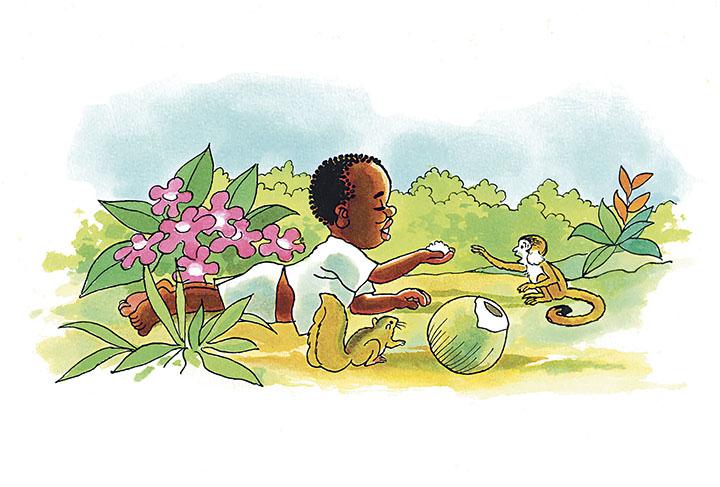Costa Rica News – A beloved Costa Rican children’s book has triggered a debate about race and free speech in the Central American country. Cocorí, written by Joaquin Gutiérrez, has become a classic in the 68 years since its release, and has long been mandatory reading in the nation’s schools.
 Released in 1947, Cocorí tells the tale of an Afro-Costa Rican boy who stumbles into a blonde girl from a distant land. She asks the little boy to find her a monkey as a gift, and he embarks on a journey to find one for her. Along the way, he befriends a turtle, an alligator and a snake, and narrowly avoids getting eaten in the jungle.
Released in 1947, Cocorí tells the tale of an Afro-Costa Rican boy who stumbles into a blonde girl from a distant land. She asks the little boy to find her a monkey as a gift, and he embarks on a journey to find one for her. Along the way, he befriends a turtle, an alligator and a snake, and narrowly avoids getting eaten in the jungle.
According to the Global Post, the book describes the boy as having the face of a star apple, teeth like a rattle and gums like papaya.
Since its publication, the book has become a cherished part of the Costa Rican national identity with bookstores, hotels and websites named after the famed children’s story.
However, for many Afro-Costa Ricans the book perpetuates stereotypical “caricatures” about the black community in the country. Legislator Epsy Campbell Barr, a Costa Rican with Jamaican roots, publicly objected to public school requirement, and she opposed a new musical adaptation of the work by the National Music Center, which led to a temporary freezing of the project, Tico Times reports. A court has since ruled the production could go ahead.
In a speech posted to her Facebook account, Campbell wrote that her daughter had been teased at school because of the book. “For the Afro-descendant culture and people, the only thing this book has done is reproduce some of the most primitive stereotypes,” she said.
Costa Rican’s official human rights agency has spoken in support of Campbell. They recently issued a statement reminding the government of its obligation to “guarantee all people the right to live in an environment free of discrimination and racism.”
Rina Caceres, a history professor specializing in Afro-Caribbean culture at the University of Costa Rica told the Global Post that she objects to the characterization of the protagonist. The books revolved around his “perceived racial features”, but makes no mention of the rich culture of Limon, the province in Costa Rica where the majority of the country’s black community lives. “The problem is not the book itself, but the uses we give to this book,” she said. “You can see why it could cause the wrong reaction in a classroom of 10-year-olds.”
The government of Costa Rica must now determine how to properly address the issue, especially in classrooms. They have reportedly considered teaching the text alongside other books that encourage students to think more broadly about race and stereotypes in Costa Rica. However, some legislators — such as Campbell — want it off the reading list entirely.
BY CRISTINA ARREOLA, From Latina.com

